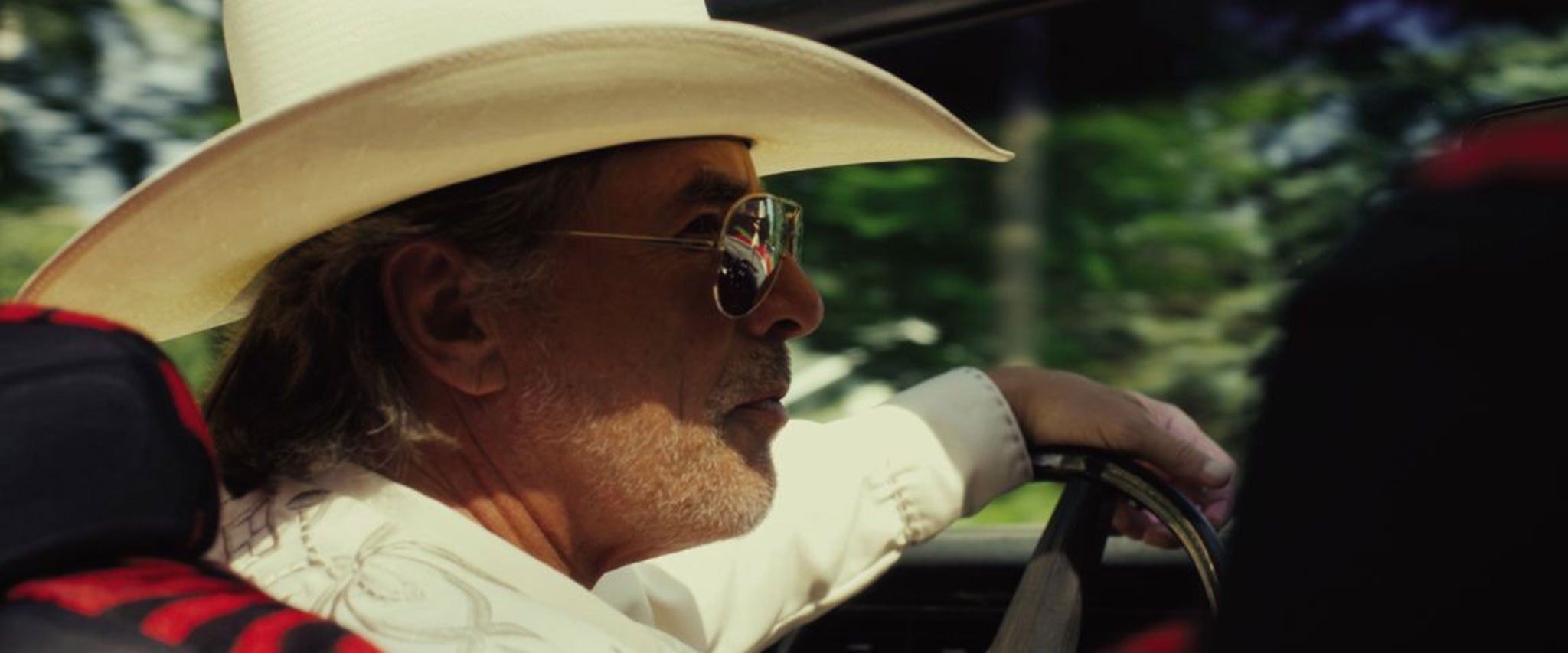Cold In July, film review: Jim Mickle's film has plenty of tension and menace but plot falls short
(15) Jim Mickle, 109 mins Starring: Michael C Hall, Don Johnson, Sam Shepard

Your support helps us to tell the story
From reproductive rights to climate change to Big Tech, The Independent is on the ground when the story is developing. Whether it's investigating the financials of Elon Musk's pro-Trump PAC or producing our latest documentary, 'The A Word', which shines a light on the American women fighting for reproductive rights, we know how important it is to parse out the facts from the messaging.
At such a critical moment in US history, we need reporters on the ground. Your donation allows us to keep sending journalists to speak to both sides of the story.
The Independent is trusted by Americans across the entire political spectrum. And unlike many other quality news outlets, we choose not to lock Americans out of our reporting and analysis with paywalls. We believe quality journalism should be available to everyone, paid for by those who can afford it.
Your support makes all the difference.This 1989-set film noir is stronger on character and atmosphere than it is on plotting. Early on, the director Jim Mickle does an excellent job in portraying the confusion, guilt and terror that family man Richard Dane (Michael C Hall) feels after shooting dead an intruder in his home. It doesn't help that the man's father (a very sour and sullen Sam Shepard) wants revenge or that the local cops are behaving in a suspicious manner.
From this starting point, the storytelling becomes both more complex and more wayward. We are dealing with the "Dixie Mafia" on the one hand, and with a pornographic snuff-movie ring on the other. The early part of the film is gritty and naturalistic but the arrival of Don Johnson (playing a detective/pig farmer) can't help but change the mood of the film. He is an incongruously flashy character in a story that is otherwise downbeat and subdued.
The film was adapted from a novel by Joe R Lansdale. Shepard reportedly re-wrote part of the screenplay. With its dark, Oedipal themes, the film echoes some of Shepard's own plays. One guesses that Sam Peckinpah and William Friedkin (among others) were strong influences on Mickle's approach to the thriller genre. He is certainly successful in generating a sense of tension and of menace. Individual sequences are brilliantly staged and shot but the film still has the feel of a formal exercise and the plot abounds in loose ends.
Join our commenting forum
Join thought-provoking conversations, follow other Independent readers and see their replies
Comments